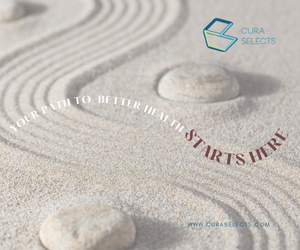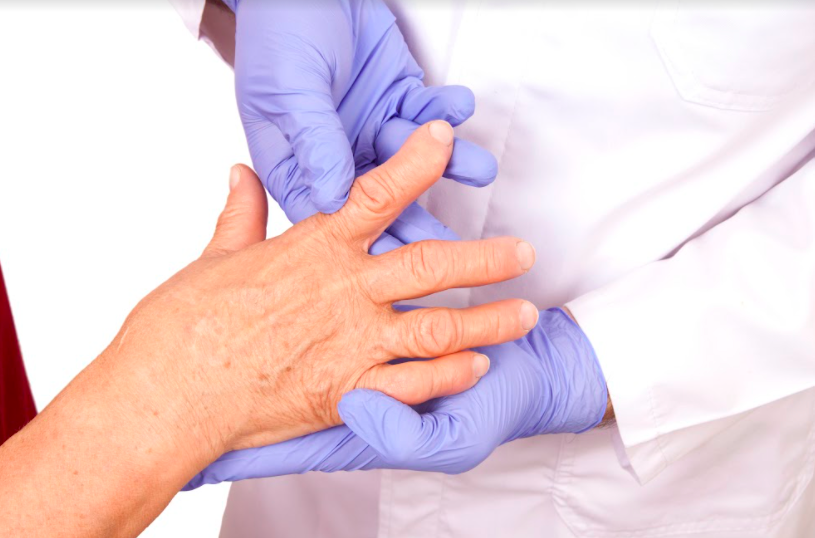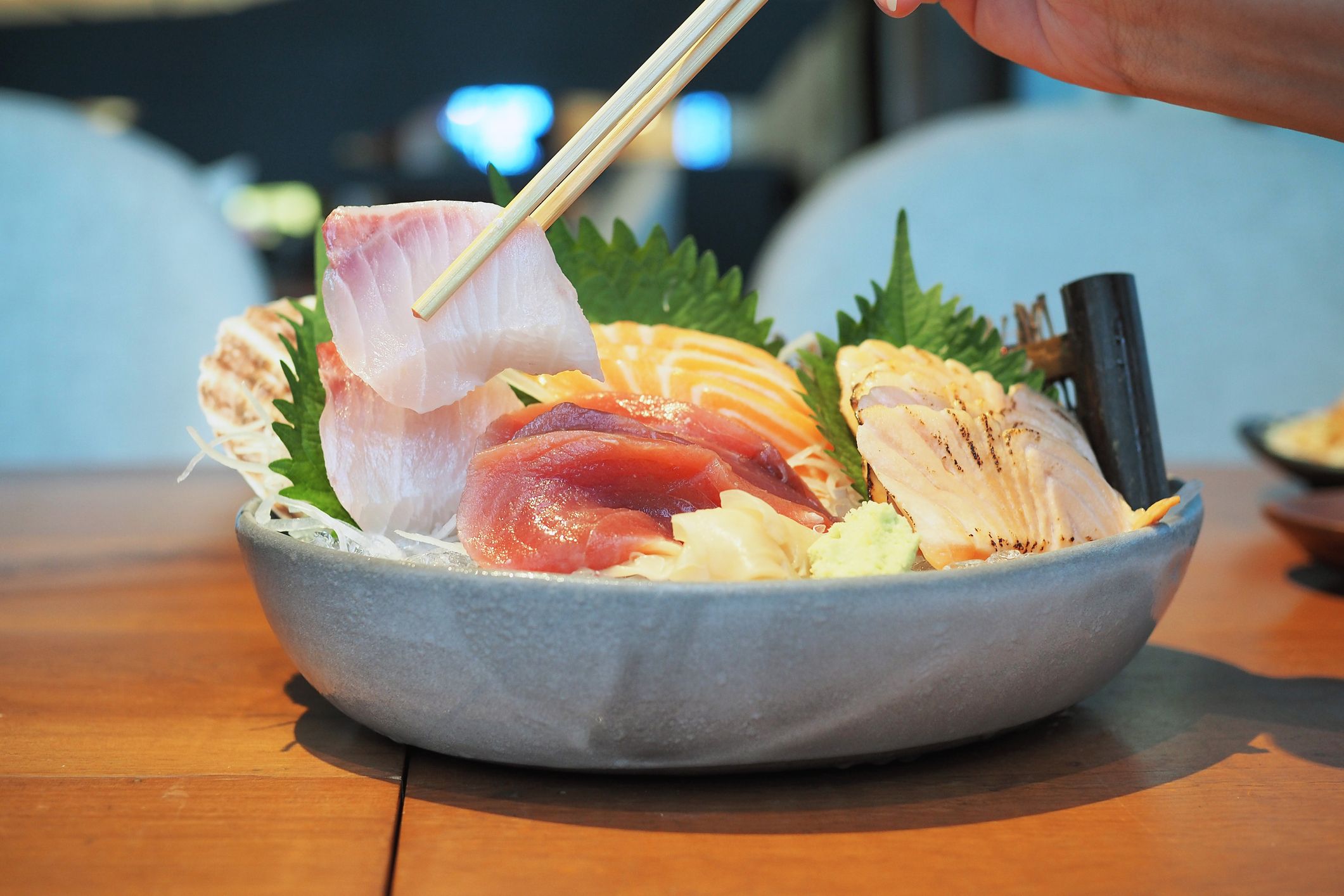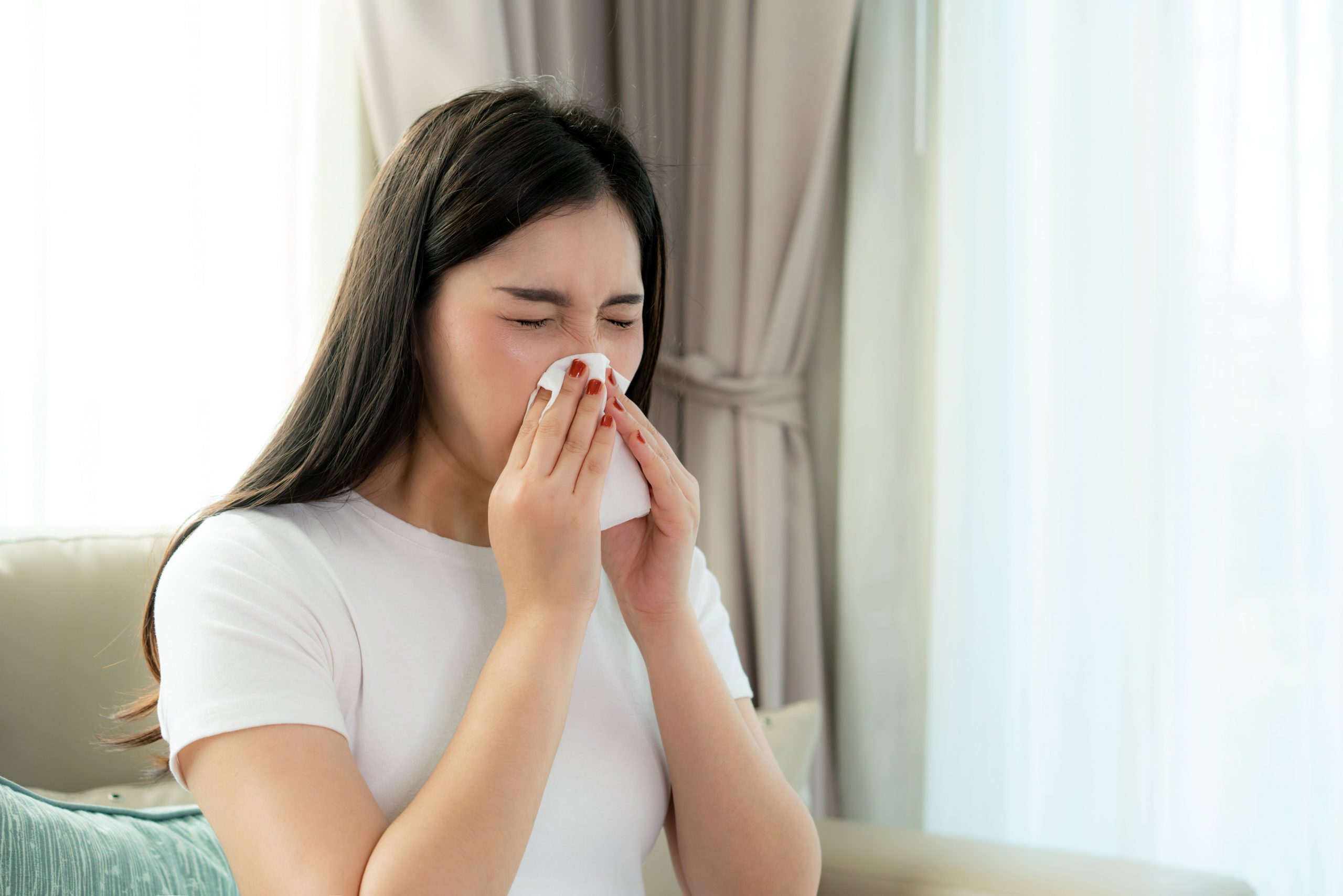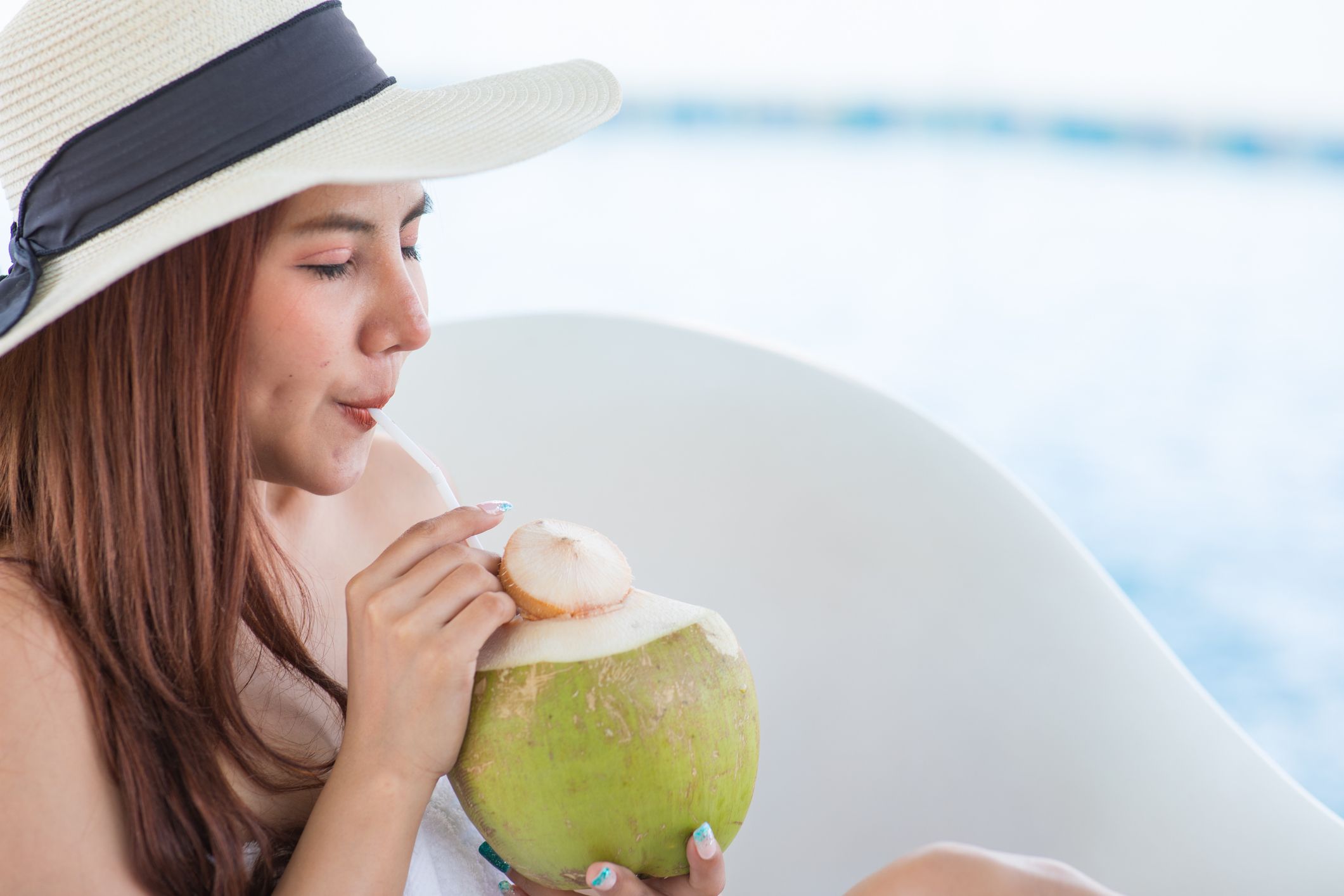Lifestyle
Blue Zone Diet: The 80% Rule – Eat Less, Live More
The United Nations reports that people in all regions of the world have been eating more calories since the year 2000, with the highest spike, in Asian countries in 2021. Europe and North America top the calorie race with a whopping 3,540 calories per day. In addition, the number of calories per person consumed globally, increased by a full nine per cent on average last year, to 2,960 per day, the UN Food and Agriculture Organization (FAO) reported.
Do we really need that many calories on a daily basis? Here, we explore the health benefits of eating till 80% full and what research says about its efficacy.
Eat Till 80% Full for a Healthier Life
Okinawa, known for its high number of centenarians, attributes much of its longevity to the practice of eating until 80% full. In Japan, a concept known as Hara Hachi Bu guides people to eat until they are about 80% full. This practice has not only been a cornerstone of healthy living in one of the world’s Blue Zones in Okinawa, Japan, but has also caught the attention of ordinary people and medical researchers worldwide. In a study, calorie restriction in humans appeared to cause changes that slowed or stopped inflammation for some people as well as increased metabolism.
Data from epidemiological studies suggest that caloric restrictions have beneficial effects on human longevity. A study on the inhabitants of Okinawa (Japan) who were known to consume fewer calories than residents of the main Japanese islands. In this older cohort of Okinawans (aged 65+) mortality from coronary heart disease and cancer was markedly lower than in the average mainland Japanese and US population.
Difficult to Determine if Calorie Restrictions on Humans Can Benefit Lifespan
It is important to note that while calorie restrictions have health benefits, it is difficult to determine whether calorie restrictions can actually extend our lifespan. Some of the reasons include: there are no guidelines for standardising the development and validation of biomarkers of aging and it is also impractical to conduct randomised, diet-controlled, long-term survival studies in normal-weight humans.
For instance, a clinical study, CALERIE trial, reports that participants achieved significant health benefits such as lower cholesterol and blood pressure levels, as well as improved insulin sensitivity index. However, as the clinical trial lasted only 2 years, the effects on lifespan could not be directly measured.
Longevity Critics: More Proof is Needed
Restrict calories to live longer, some studies say, but critics say more proof is needed as there is controversy over bioclocks, natural mechanisms that control the aging process in living organisms as well as differences in anti-aging research findings at the moment.
However, critics such as calorie restriction researcher Pankaj Kapahi, a professor at the Buck Institute for Research on Aging in Novato, California voiced that calorie restriction is just one of the many interventions to slow ageing:
“We’re trying to learn more about ageing and we are, but calorie restriction is just one intervention,” he said. “You likely need to do that in combination with exercise, with good sleep, with a positive attitude and good mental health. All these things combined will likely play a much bigger role in slowing ageing.”
What Next?
As we continue to seek ways to live healthier lives, perhaps embracing the wisdom of Hara Hachi Bu could be a step in the right direction for many of us in our efforts to embrace a healthier lifestyle, and that could begin with how we eat – better health awaits!
This article was produced solely for the purpose of healthcare and medical knowledge. Not all innovations are available or approved for clinical use. AsiaMD may receive financial or non-financial sponsorship from the companies or institutions involved in these innovations. However, AsiaMD does not endorse any specific product or services in the article, in addition to the Terms and Conditions for the use of our AsiaMD.com website. Please consult your healthcare professional if you need more information.









